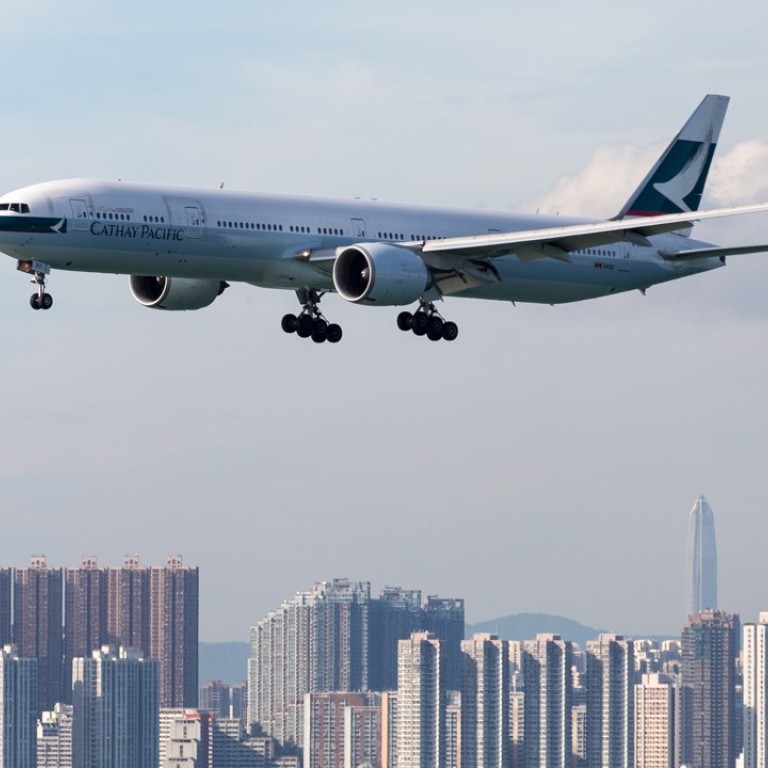Advertisement
Advertisement

No more ‘free’ tickets to Hong Kong means frequent fliers may choose Singapore or KL instead
In the new price display requirements announced on September 21, the Hong Kong Civil Aviation Department claims to have consulted stakeholders. This, unfortunately, doesn’t appear to have included Asia Miles account holders (“Hong Kong airfares tipped to rise as airlines regain right to add fuel surcharges to ticket prices”, September 21).
The practice of collecting “fuel surcharges” is really a way that airlines devalue their frequent flier programmes. By allowing the collection of fuel surcharges, Cathay Pacific and other airlines will now be able to levy surcharges – potentially thousands of Hong Kong dollars – on Asia Miles and other award programme redemptions arriving in or departing from Hong Kong.
Hong Kong has been one of the few places in the world where the promise of a “free ticket” has really meant it’s (mostly) free. This has the direct and immediate effect of driving passenger traffic and tourism to and from Hong Kong, instead of other regional airports where high fees are charged.
Airline mileage expert explains how you can fly business – for less
With the introduction of fuel surcharges, this will no longer be the case. Fuel surcharges do nothing to increase transparency or competitiveness of airfares as – apparently taking a cue from the Trump administration – the Civil Aviation Department claims.
This just allows airlines to dodge taxes charged on airfares by disguising them as fees instead, while devaluing their frequent flier programmes. Additionally, there is now no compelling reason for frequent flier programme members to regionally connect via Hong Kong instead of Singapore or Kuala Lumpur. This is likely to result in the loss of tourism dollars to Hong Kong.
Robert Walker, Seattle

Post
